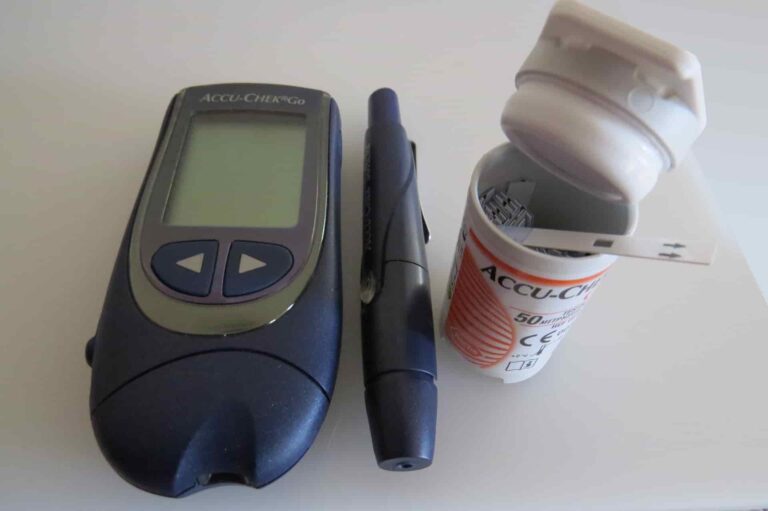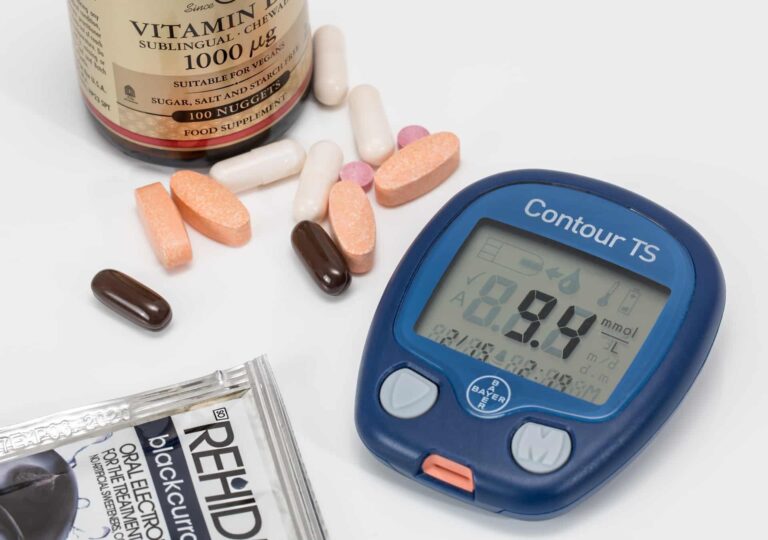You can recognize a starting bladder infection by this
About half of women have a bladder infection at least once in their life, and in 20 percent it occurs at least once a year. It is often not very serious, but it can be quite annoying. This is how you recognize a starting bladder infection before it gets more serious.
And when you have discovered that starting bladder infection, what can you do to get rid of it as soon as possible?
What is bladder infection?
A bladder infection is an inflammation of the lining of the bladder. Usually this is caused by bacteria entering the urinary tract and reaching the bladder. These are often bacteria from the anus, which are spread and reach the urethra. The exact causes of bladder infection are unknown, but there are certain factors that play a role in bladder infection. Sex can increase the risk of bladder infection, but not urinating properly can also ensure that the bacteria remain. Using too much soap can also cause bladder infection, or not drink enough water. Autoimmune diseases such as rheumatoid arthritis and diabetes can also increase the risk of a bladder infection.

Women between twenty and thirty years old in particular often have bladder infection, and even if you are older than sixty the chance increases. The fact that bladder infection is much more common in women is because the urethra is much longer in men. Bacteria are therefore less likely to enter the bladder. In women, these bacteria also get into the urethra much more easily, because the exit is close to the anus.
Recognize bladder infection
It is of course nice if you can prevent a serious bladder infection. A severe bladder infection can not only be very painful, but also progress to a renal pelvic inflammatory disease. Renal pelvic inflammatory disease is much more dangerous for the kidneys and should always be treated with antibiotics. That is why it is very important to recognize a bladder infection quickly. These are the most common symptoms of a developing bladder infection:
Painful urination one of the first symptoms of an emerging bladder infection is usually a painful and burning sensation when urinating. A constant, vague pain in your abdomen or lower back can also be caused by an initial inflammation in your bladder.
Having to urinate often
Another classic marker of bladder infection: constantly having the feeling that you have to urinate. Even if you’ve just been to the toilet, that feeling often starts again. When you go to the toilet, usually only a small amount of urine comes out.
Abnormal color or clearly present odor
Cloudy or dark yellow urine can indicate a starting bladder infection, and blood in your urine is also not a good sign. The smell of urine can be very strong and pungent when you have an early bladder infection.
What should you do in case of a beginning bladder infection?
If you recognize yourself in those complaints, there are a number of things you can do to prevent it from turning into a serious bladder infection or pelvic inflammatory disease.
Drinking water
Sometimes it can help to drink a lot of water. We actually have to consume one and a half liters of water every day, but if you think you have a bladder infection, you better increase that to two liters or even a little more. By drinking enough, the urethra and bladder are flushed faster and bacteria disappear faster.
Cranberry Juice or Supplements
A well-known way to stop early bladder infection or prevent a urinary tract infection is to use cranberry products. Scientific research shows that the acids in this fruit prevent bacteria from attaching themselves to the bladder wall and urethra.
Urinate often You
Probably often feel the urge to urinate and it is quite annoying if you only urinate a little bit of urine. Nevertheless, it is important to visit the toilet regularly, even if it is painful or tiring. By passing a lot of urine and urinating well, the bacteria are flushed out of your bladder more quickly.
General practitioner
If you feel that it will not get better despite drinking a lot, or if you still have similar complaints after five days, make an appointment with your doctor. Even if you get a fever or see a lot of blood in your urine, you should see a doctor right away. This may indicate a renal pelvic inflammatory disease. Usually the doctor will ask you to collect urine, which will be tested for bacteria. If you have a severe bladder infection or pelvic inflammatory disease, you will usually be given antibiotics.







